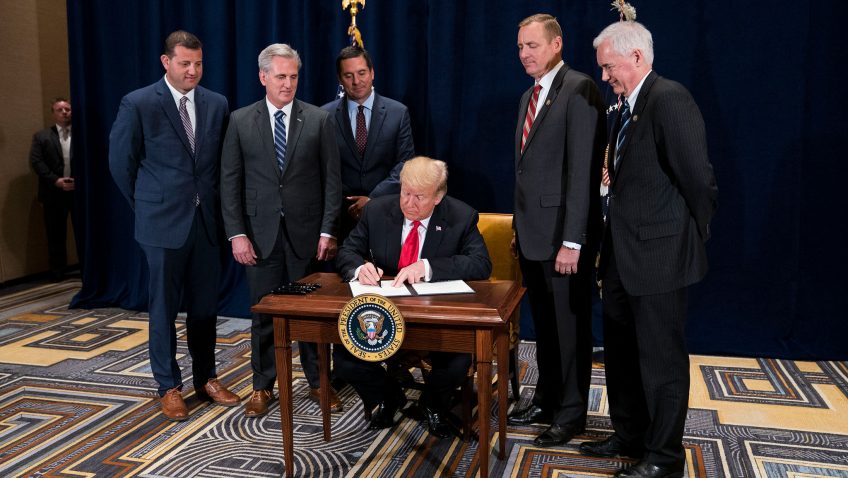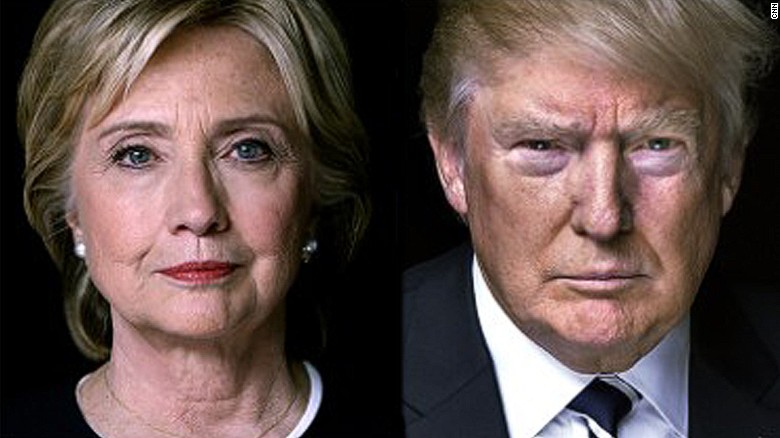World Leaders’ reaction following Trump’s withdrawal from Paris Agreement
Maham B. Khan
After the United States president Donald Trump pulled his country out of the Paris Agreement (a multilateral agreement between 195 states to lower greenhouse gas emissions) on June 1st 2017, the move was met with shock and dismay, with many from scientific and even political sphere criticising the announcement. From the ironic statement given by French president Emmanuel Macron ‘Make our planet great again’ taking a dig at the U.S. president to even what’s seen as traditionally staunch allies of the U.S., who were quick to directly or indirectly oppose Trump’s stance; German chancellor Angela Merkel, in a joint statement along with Italian prime minister Paolo Gentiloni and France’s Macron, reiterated any chance of renegotiating the deal that already took more than a decade to finalise. Even the Democratic People’s Republic of Korea (North Korea) chimed in, calling global warming “one of gravest challenges” facing humanity and accusing the U.S. president of “moral vacuum” for putting own interests before rest of planet.
The Paris Agreement, as part of the wider United Nations Framework Convention on Climate Change, at its core aims to keep global temperatures well below 2 degrees Celsius. It also laid down an outline on how states can combat climate change, with a focus on helping the developing and most at-risk states through a streamlined and localised framework, assisted by financial and technological flows from the developed world.
Even before assuming office, Trump had declared climate change a ‘hoax’, and accused the agreement of looting the U.S. of its funds under the guise of ‘financial help’. Besides backing out from the agreement, even domestically, he took several steps detrimental to fighting climate change. He annulled the Clean Power Plan created by the previous government and had to issue an Executive Order to promote ‘Energy Independence and Economic Growth’. He appointed a famous climate change sceptic Scott Pruitt to lead the Environmental Protection Agency, and even claimed the Fourth National Climate Assessment, a report issued by his government, something “[he] didn’t believe in.”
However, from even within the United States, swift response in support of fighting climate change immediately followed. From corporations, governors, to deans of universities all came together to fill the vacuum created by the federal government’s inaction. From U.S. corporations such as Adobe, PG&E, and Unilever supporting a full-page statement by Center for Climate and Energy Solutions published in leading periodicals such as The New York Times, to over twelve hundred elected representatives, businessmen and investors, and educationists widely condemn Trump’s withdrawal.
Domestic political alliances such as ‘United States Climate Alliance’, ‘We Are Still In’, ‘US Climate Mayors’ et cetera sprung up. We Are Still In signatories alone boasts as representing almost 155 million people across fifty states and an economy worth $6.2 trillion, only behind the United States and China if they were an actual state. Some of their efforts in helping combat the menace of climate change includes the Metrus Energy, a company that helps lessen energy consumption. In one of its project involving the Wells College, the company helped improve electric efficiency in on-campus residential and academic buildings, reducing consumption by almost 14% and lessening reliance on propane and fuel oil by 28%.
While Trump had accused China and India especially of being more responsible for carbon dioxide emissions and pollution contributing to climate change overall, these very states are doing much more than the required part in addressing the issue.
Although many feared other governments leaving the Paris Agreement following Trump, to surprise of many, almost all world leaders restated their support. China, while regretting and hoping U.S. come on board again, reaffirmed Chinese plans to go forward with the agreement, “fulfil[ing] 100 per cent of its commitments.”
Besides setting a target of using renewable energy more over fossil fuels by 2050, for near future, China launched an emissions trading programme in December 2018, aiming to construct renewable power plants.
India is also playing its part. Of the three conditions within the accord India accepted – reducing greenhouse gases emissions by 35% below 2005 levels, 40% energy requirement met from renewable sources, forest area equivalent to 3 billion tonnes of carbon dioxide – as of 2019, India is comfortably achieving two. With regular reports domestically and shared with other signatories, India has achieved 35% of reliance on renewable sources of energy, including nuclear.
Besides the developing world, the European Union is leading the way in real climate change combat, especially Germany. Apart from being the most vocal and swift to condemn Trump’s departure from the agreement, as far back as 1980s, Germany was playing its part. From lowering vehicular carbon emissions to setting goal for 80% renewable energy-reliance by 2050, Germany’s plans are ambitious and it aims to be emissions-free soon.
Where before climate didn’t get much attention or response from the general public or other leaders, we have come a long way since first term of George W. Bush when he cancelled the then-climate agreements, and no one cared enough from general public. Immediately after Trump’s announcement, a poll by the Washington Post found 59% of American public deeming Trump’s move wrong. Times are changing and as the clock ticks, we are running out of precious seconds in fighting a global menace that will affect entire humanity regardless of region.
Instead of viewing a beautiful sunset from behind lush trees, we might one day be staring at a scorching sun from a barren wasteland if actions aren’t taken soon.







